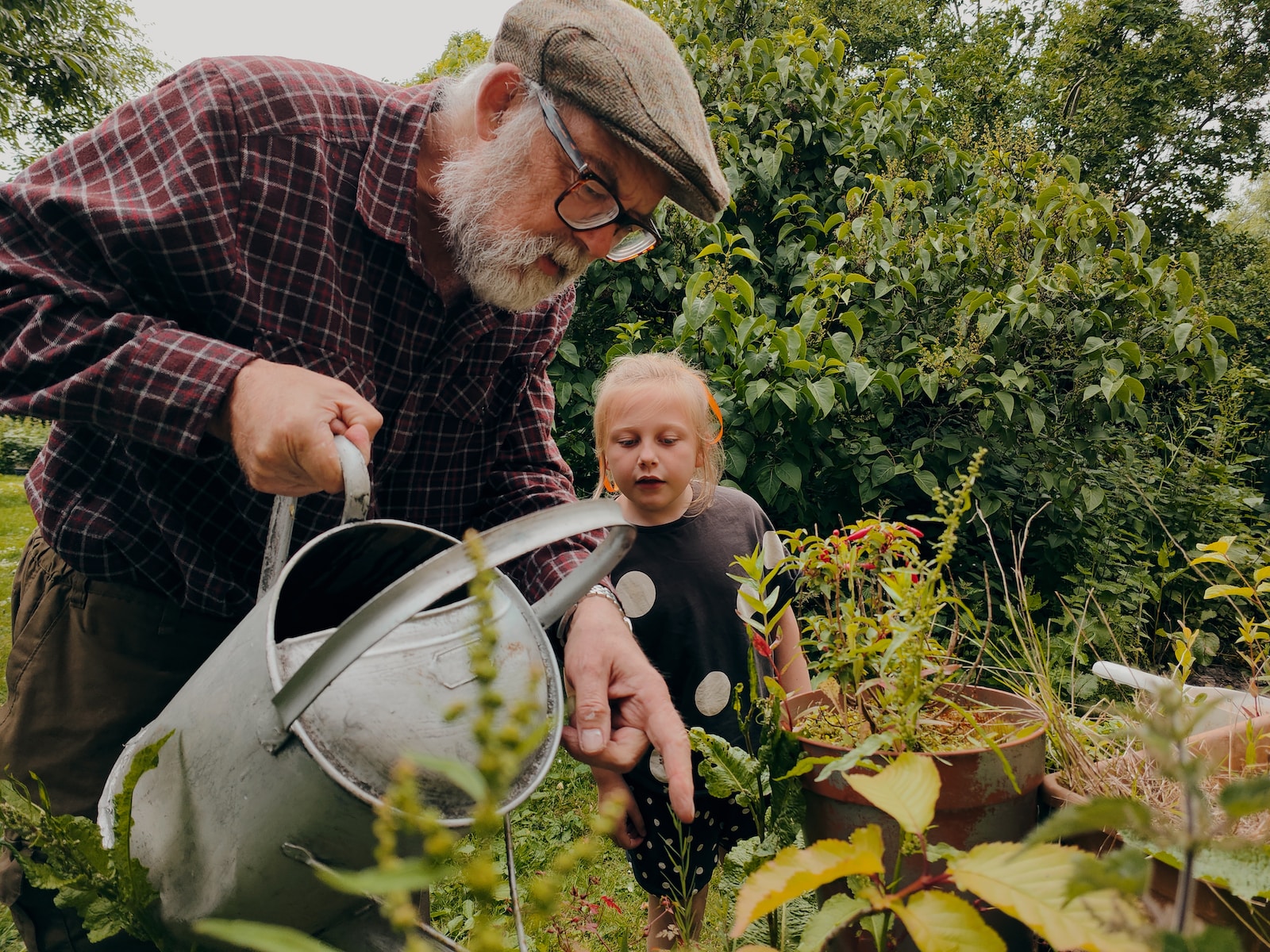Share this article with your network of friends!
As seniors, our well-being and happiness greatly depend on the quality of our relationships. While fostering positive connections is crucial, it’s equally important to recognize and distance ourselves from toxic relationships that can have detrimental effects on our mental, emotional, and even physical health. In this article, we will explore the significance of avoiding and identifying toxic relationships, provide guidance on recognizing red flags, and offer practical steps for ending harmful connections, allowing seniors to prioritize their well-being and cultivate healthier relationships.
1. The Importance of Healthy Relationships:
– Impact on Well-being: Healthy relationships provide emotional support, companionship, and a sense of belonging, positively influencing our overall well-being. They contribute to increased happiness, reduced stress, and improved mental health.
– Self-Worth and Empowerment: Being surrounded by positive influences fosters self-esteem and encourages personal growth, empowering us to live fulfilling lives and make choices that align with our values and aspirations.
2. Recognizing Red Flags of Toxic Relationships:
– Manipulative Behavior: Toxic individuals may manipulate, control, or undermine your feelings, decisions, and actions. They may use guilt, coercion, or emotional blackmail to gain power and control over you.
– Lack of Respect: Healthy relationships are built on mutual respect. Toxic individuals may consistently disrespect your boundaries, opinions, and values, often belittling or disregarding your thoughts and feelings.
– Draining Energy: Toxic relationships leave you feeling emotionally drained, anxious, or constantly on edge. Negative interactions may outweigh positive ones, affecting your overall well-being.
3. Steps to Ending Toxic Relationships:
– Reflect on the Relationship: Assess the impact the toxic relationship has on your well-being. Recognize that you deserve better and that your mental and emotional health should be a priority.
– Set Boundaries: Establish clear boundaries with the toxic person, communicating your expectations and what you will no longer tolerate. Maintain these boundaries firmly and consistently.
– Seek Support: Reach out to trusted friends, family members, or professionals who can provide emotional support, guidance, and perspective during this challenging process.
– Reduce Contact: Gradually decrease the amount of contact with the toxic individual. This can involve limiting interactions, setting communication boundaries, or, in severe cases, ending all contact.
– Practice Self-Care: Focus on self-care activities that promote healing and emotional well-being. Engage in activities that bring you joy, pursue hobbies, and prioritize your own needs.
4. Cultivating Healthy Relationships:
– Surround Yourself with Positivity: Seek out and nurture relationships with individuals who uplift and inspire you. Surrounding yourself with positive influences enhances your overall well-being and fosters a supportive network.
– Communicate Openly and Respectfully: Healthy relationships thrive on open and honest communication. Practice active listening, express your thoughts and feelings assertively, and encourage mutual understanding.
– Continual Self-Reflection: Regularly assess your relationships and be mindful of any signs of toxicity. Reflect on your own behavior and ensure you are treating others with kindness, empathy, and respect.
Maintaining healthy relationships is vital for seniors’ well-being, and recognizing and ending toxic connections is an essential step toward prioritizing personal happiness and fulfillment. By identifying red flags, setting boundaries, seeking support, and practicing self-care, seniors can distance themselves from toxic relationships and create space for healthier connections to thrive. Cultivating positive relationships is an ongoing process that requires self-reflection, open communication, and the willingness to prioritize one’s own well-being. Remember, you deserve to be surrounded by supportive and uplifting individuals who bring joy and positivity into your life. Embrace the journey of nurturing healthy relationships and watch how your well-being flourishes as you surround yourself with love, respect, and positivity.
DISCLAIMER: This website contains articles for informational and entertainment purposes only. No articles on this website should be considered as professional advice for any medical, legal, or financial matter. Advertisements and content may contain affiliate links, where the website earns a commission for sales derived from our users.





